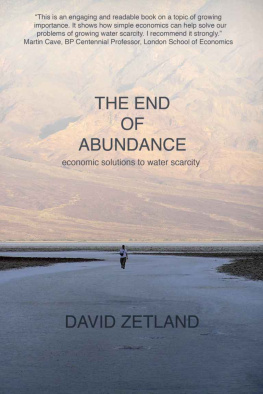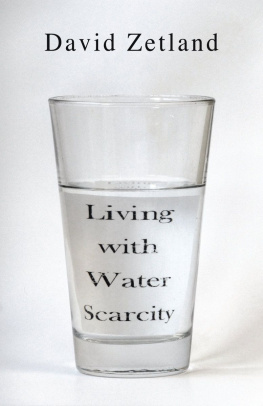John T. Andrew
Brian E. Gray
Matthew Deitch and G. Mathias Kondolf
Contributors
JOHN T. ANDREW is assistant deputy director of the California Department of Water Resources, where since 2006 he has overseen the departments climate change activities. His previous organizational affiliations include the Stege Sanitary District, the CALFED Bay-Delta Program, the California Department of Health Services, the Lawrence Berkeley National Laboratory, and the U.S. Environmental Protection Agency. Andrew has over twenty-five years of experience in water resources and environmental engineering, and holds degrees in civil engineering and public policy from the University of California, Berkeley.
CAROLINA BALAZS is a postdoctoral fellow in the Department of Environmental Science and Policy at the University of California, Davis, and has worked as a research scientist with the Community Water Center for many years. Her research focuses on environmental health, environmental justice, and regional planning issues related to access to clean drinking water in rural California. Dr. Balazs received her PhD and MS from the University of California, Berkeley, Energy and Resources Group, and her BS from Brown University.
CELESTE CANT is general manager of the Santa Ana Watershed Project Authority and former executive director of the California State Water Resources Control Board. She comes to water resources management as an urban planner with a BA from Yale University and an MPA from Harvards Kennedy School of Government.
JULIET CHRISTIAN-SMITH is a climate scientist with the Climate and Energy Program at the Union of Concerned Scientists, based in the California office. Dr. Christian-Smith is the lead author of A Twenty-First Century U.S. Water Policy (Oxford Press, 2012) and an editor of the journal Sustainability Science . The focus of her work is providing California and U.S. policymakers and the public with robust, timely, accessible, and policy-relevant information on climate science and climate impacts.
MATTHEW DEITCH is a senior environmental scientist at the Center for Ecosystem Management and Restoration. He has worked for the past twelve years on water management issues in coastal California. His work today focuses on how water can be managed in ways that meet human and environmental needs in coastal California. He received his PhD in environmental planning from the University of California, Berkeley.
CAITLIN S. DYCKMAN is an associate professor in the Planning Program within Clemson Universitys Department of Planning, Development, and Preservation. A native Californian, she received her JD from the UC Davis King Hall School of Law, and her PhD from the Department of City and Regional Planning at UC Berkeley, specializing in environmental planning and water law. Her current research areas include environmental policy, law, and planning, with an emphasis on the landwater nexus.
HOWARD FOSTER received a masters degree in landscape architecture in 1974 and practiced as a professional landscape architect for ten years, then received a PhD in environmental planning from the University of California, Berkeley, in 1993. Since then he has served primarily as a researcher at UC Berkeley, where he developed a number of public-participation, Web-based geographic information systems. He is currently developing architectures for federating geographic information systems in support of emergency management.
JULIAN FULTON is a PhD candidate in the Energy and Resources Group at the University of California, Berkeley, and a research affiliate with the Pacific Institute Water Program. He aspires to continue working on challenging water issues in California and globally through a career in teaching, research, writing, and civic engagement.
PETER GLEICK is president of the Pacific Institute in Oakland, California, a member of the U.S. National Academy of Sciences, a MacArthur fellow, and a leading expert on global climate and water issues. He is also the author or editor of ten books, including A 21st-Century US Water Policy (Oxford University Press). He is a graduate of Yale University and the University of California, Berkeley, where he received an MS and a PhD.
BRIAN E. GRAY is a professor of law at the University of Californias Hastings College of the Law, where he has received the William Rutter Award for Excellence in Teaching and the Hastings Outstanding Professor Award. Professor Gray is the author or coauthor of numerous articles and books on water resources law and policy, including Managing Californias Water: From Conflict to Reconciliation (Public Policy Institute of California, 2011).
MAURICE HALL is the science and engineering lead for the Nature Conservancys California Water Program, where his work focuses on developing and implementing integrated water management projects to better meet the needs of water-dependent ecosystems while improving water supply reliability for people, and on helping improve policies and institutions to meet our current and future water needs. Before joining the Nature Conservancy in 2008, Dr. Halls experience in water resources included more than fifteen years in consulting, university teaching, and research, and state service in California, Oregon, Colorado, and Virginia. He received his BS in chemical engineering from the University of Tennessee at Chattanooga, and his PhD in watershed sciences from Colorado State University, and he is a registered professional civil engineer in California.

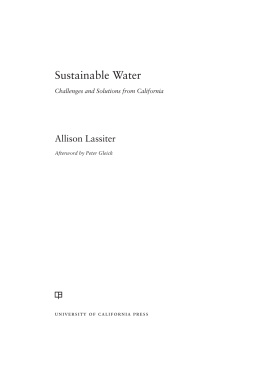
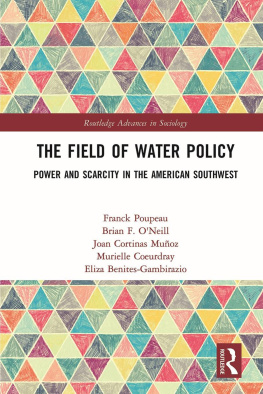
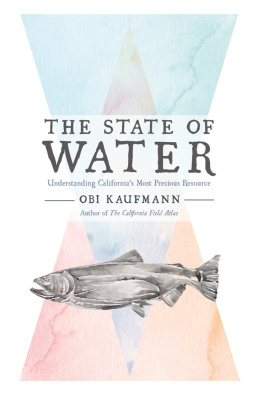
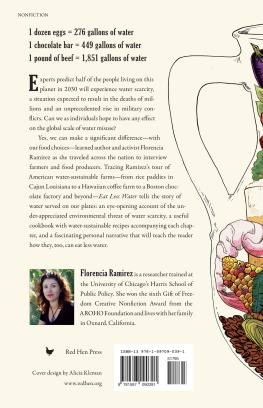

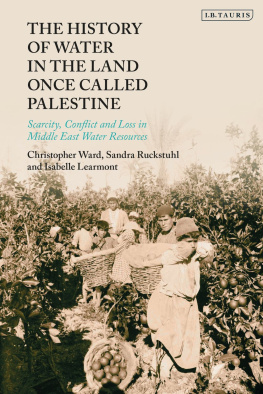

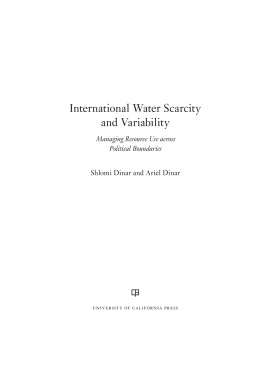
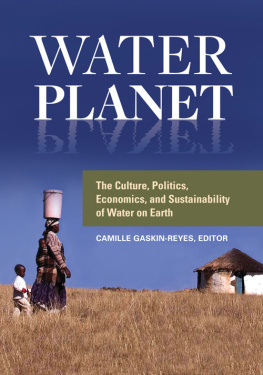
![David E Newton] - The global water crisis : a reference handbook](/uploads/posts/book/104432/thumbs/david-e-newton-the-global-water-crisis-a.jpg)
